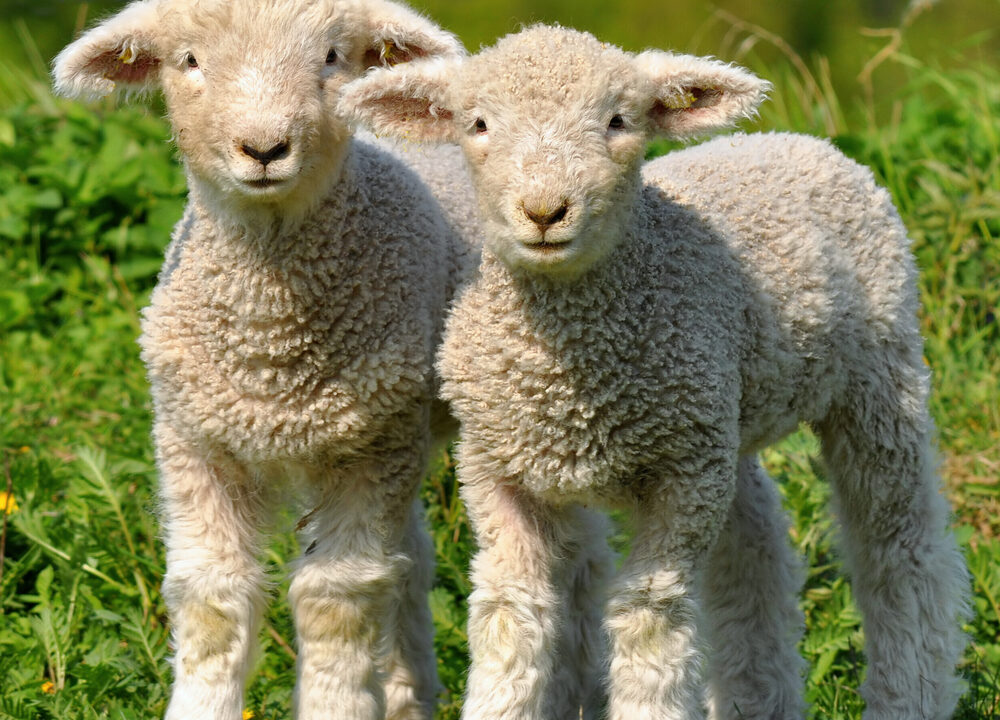COMMENT: In the view of many farmers St Patrick’s Day represents the true beginning of the year.Spring is in the air and it really is time to get out into the fields.
Twelve months ago, our Patron Saint’s day turned out to be a bit of a false dawn as the next week saw heavy snow falling in many parts of the country. The end result of this sudden return to winter can best be described as carnage on those sheep farms most badly affected.
The vista of dead lambs and ewes being pulled from snow drifts is one that will remain with me for many years to come. Above all, last year’s blizzards brought home to me just how dependent our farming is on the weather.
But just how aware are consumers of this salient fact as they crave every greater amounts of cheap ‘food’?
In truth, the farming industry has done a remarkably bad job in terms of marketing itself. How did we ever end with a set of circumstances in which bottled water sells for a higher price than milk – on a volume per volume basis!
The recent fall in beef prices is further evidence that farmers are weak sellers. Red meat is now regarded as a luxury product in the shops – yet producers are forced to accept prices that guarantee only one outcome: significant losses at the farmgate.
So how have events transpired to bring us to the current state-of-affairs. In my opinion, this can be partly attributed to the fact that agriculture has lost the EU support battle. Ask members of the general policy about the Common Agricultural Policy and they will quickly point out that it is funded by tax payers as a means of keeping food prices down in the shops. What’s more, the European Commission has been to the fore in communicating what can only be described as misinformation on this subject to the masses.
The reality, of course, is entirely different. The Common Agricultural Policy, as currently constituted, pays farmers to maintain the environmental heritage and conservation value of our countryside. The link with food production was cut almost a decade ago.
The reality is that famers need sustainable prices to survive. Consumers must be told in very clear terms that the days of cheap food are over. And yes, organisations like the IFA and the other stakeholder groups must do everything in their power to get the best possible support deals from Brussels. But that’s only the start of a process. Increasingly our farming organisations must open up sustainable communications links with consumers.
Next Monday everyone on this Island will be justifiably proud to call themselves Irish. However, out beyond St Patrick’s Day, how prepared are consumers the length and breadth of the country prepared to truly support the farming industry that is on their front doorstep?
